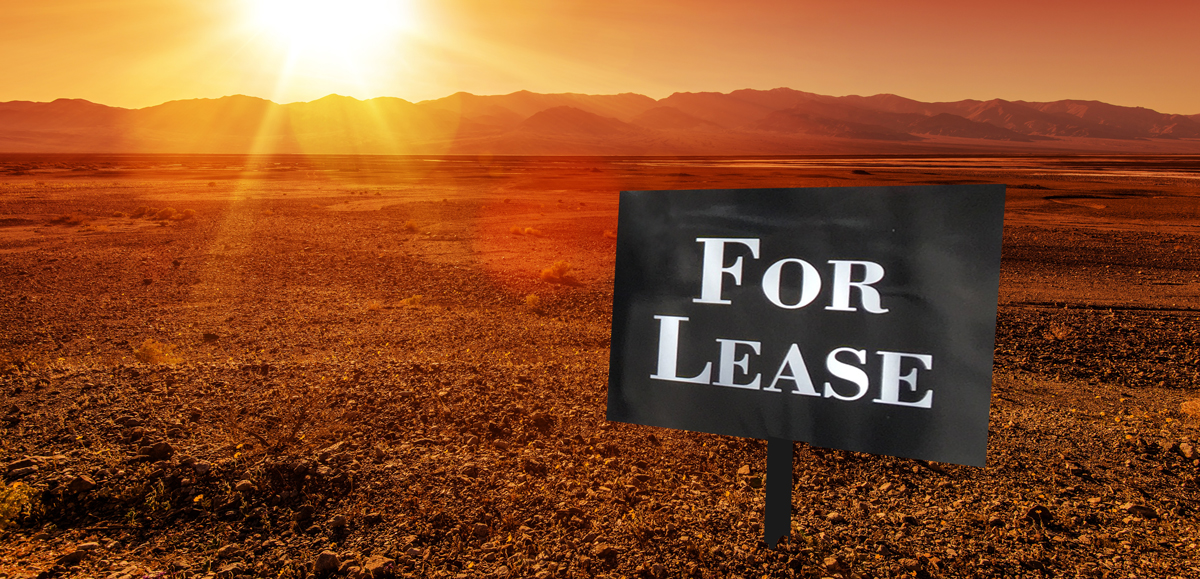No homes on a dead planet
22/08/2019 • Leo Patterson Ross
The evidence has been in for some time that our climate is changing. At the Tenants' Union of NSW this concerns us because we know that renters live in housing that is the least suitable for a changing climate and they're in the weakest position to make changes. We believe all people deserve safe, stable homes to live in and this aim only becomes harder to achieve the longer we wait to start taking real climate action. There will be no homes on a dead planet.
Whether your primary concern is the daily experience of living in homes with increasingly extreme conditions, or your concern is for the world we leave behind for future generations, there is a clear and present need to act.
There will be no homes, but also no rent paid on a dead planet – property investors must also look to themselves and the barriers to action on climate they may, sometimes unwittingly, be putting in place. Governments should also consider when developing solutions that there may be some landlords who do not want to act because they are only considering their own short-term financial gain. In response to necessary reforms, they may raise objections which are not in the interests of either the Australian or global community. Our leaders must recognise this and act to ensure our systems of land and housing play their role in ensuring a healthy, safe home is achievable for all of us.

We look to climate scientists, engineers, and others for solutions to the physical challenges. But we call on those experts and our politicians and governments to listen to the voices and experiences of, and to respect the grounded truth of renters when considering the implementation of these solutions.
What can we as renters do?
Demand energy efficient homes
- A vital part of ensuring homes are healthy and affordable is ensuring they are not a drain on consumption. We support implementing a range of minimum standards in rental homes, including energy efficiency standards that require property owners of all types to bring properties up to a reasonable standard. This can be done through both residential tenancy laws and building and planning laws. We could also implement a ratings system that would tell people what they were getting before moving in. In NSW a government plan along these lines was projected to save $987 million dollars of renters’ electricity bills over 30 years and easily pay for itself in the resulting economic benefits, even before accounting for the environmental impacts of reducing energy consumption. The lowest income households feel these issues most keenly - they pay disproportionately more of their income on energy (on average, 6.4%) compared to households on the highest income quintile (who pay an average of 1.5% of income). Many lower income tenants already make significant behavioural changes, but there is only so much individual people can do, or should reasonably be required to do, to limit their energy consumption.
- Read more:
Community Joint Statement for Healthy Affordable Homes
Consumers call for carbon ready homes to save billions in electricity bills
Support equitable energy generation
- Moving to renewable energy sources which halt the increase of the greenhouse effect is crucial. But much of the focus of growing solar has been on getting panels on to roofs. But the sun does not only shine on those who own property. We support the growth of solar and other renewable power, but those living in apartments, residential land lease communities, and those who rent their homes should not be left out, or be obliged to accept unfair deals through rent increases or extra charges. The best approaches are ones that allow anyone to access the benefits of renewable energy regardless of their tenure or housing type, and this is where focus of government and advocates alike should concentrate.
- Read more:
Solar power and tenants
Community Power revolution
Rethink government's role in land and housing
- Unaffordable housing has a variety of impacts removing people from their communities. it costs time away from family and loved ones, it costs work time, it costs relaxation. It also costs environmentally. A large number of people need to travel significant amounts of time - often by car rather than train. Addressing the affordability of housing closer to employment opportunities (or creating more employment opportunities near homes) . This is best done by embarking on a large-scale publicly led building program of the highest quality ensuring both environmental and economic sustainabilty by implementing:
- best practice construction and tenancy management to lead the private sector as a role-model rather than as regulator alone, and
- expanded eligibility criteria and fairer rent-setting to ensure a financially sustainable model that allows communities to flourish
Tenants often have the experience of feeling unrepresented in democracy – across local councils and state and federal parliaments tenants are under-represented. One way tenants can make our voices heard is exercising our right to express our feelings about the decisions made by the government.
This may be letters to local MPs, or joining a protest march like the ones coming up across Australia and the world on September 20th. Another is to demand that organisations with the platform and capacity to speak to government on these issues reflect their concerns. As the peak body representing renters' interests we have a duty to speak up about the need to act on this climate crisis.



